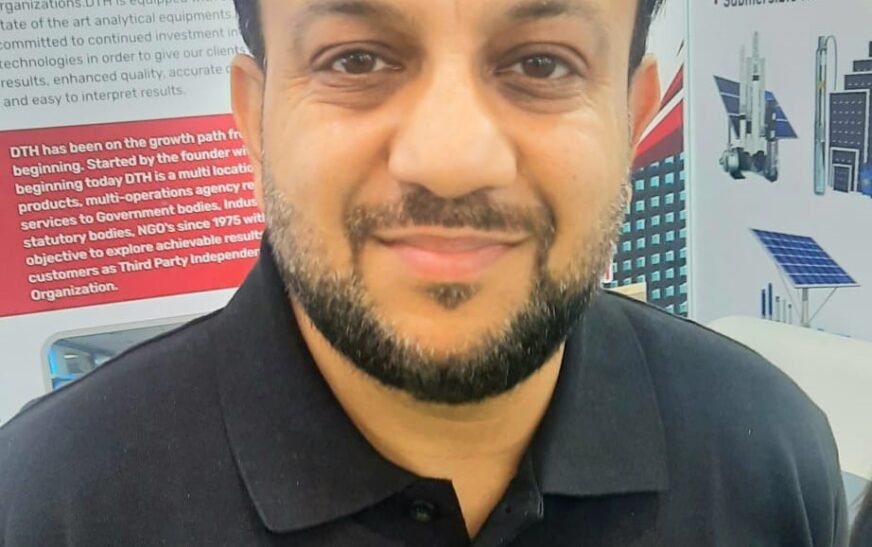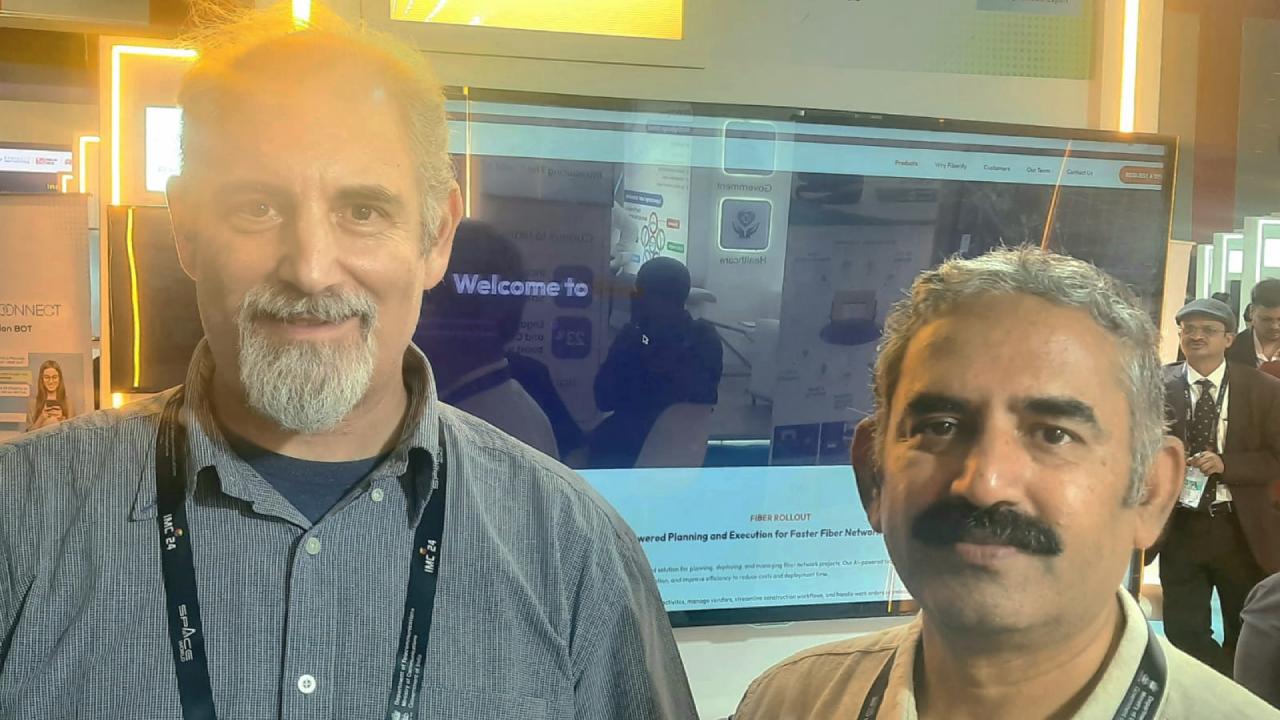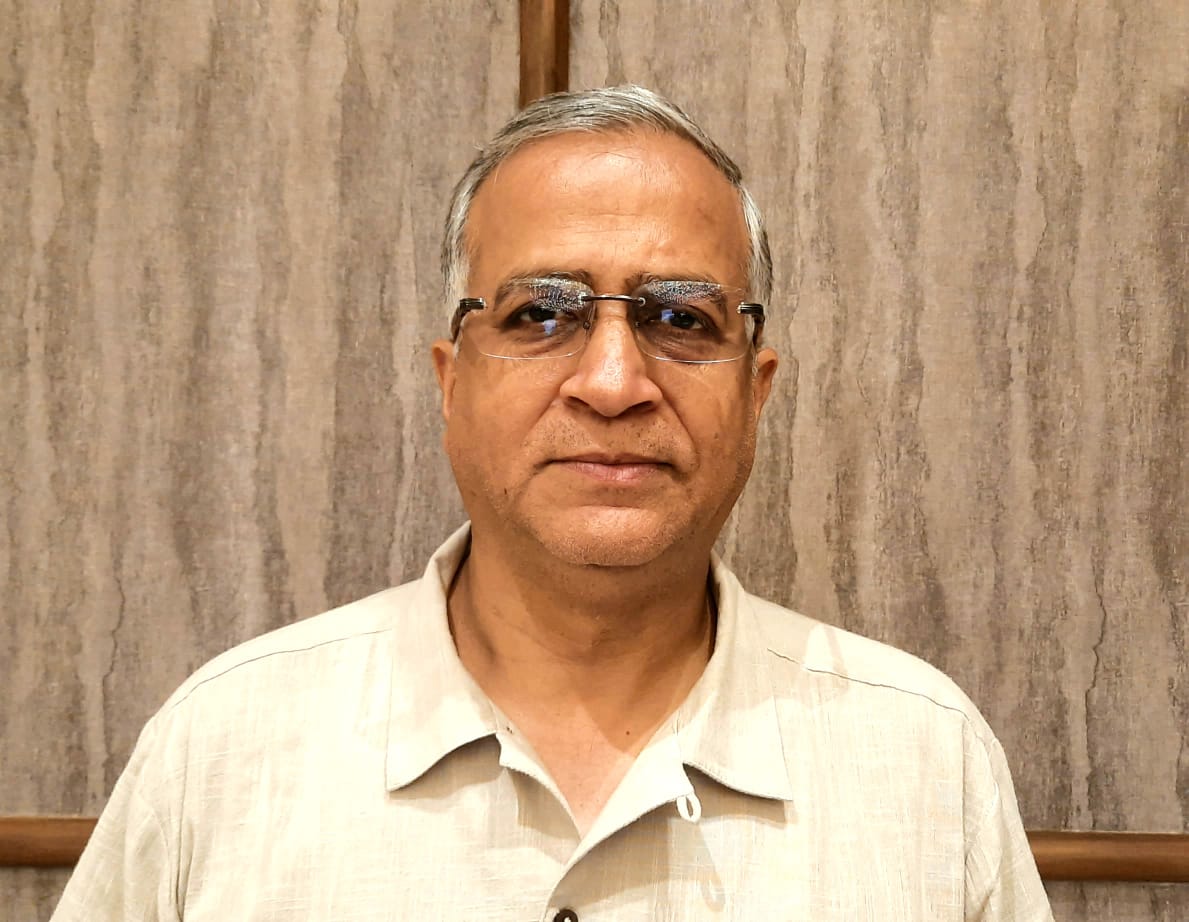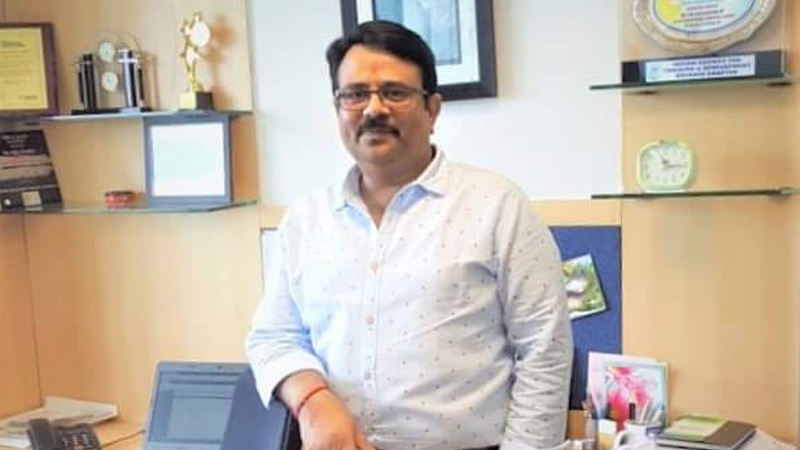Delhi Test House (DTH) has embarked on a remarkable journey of growth since its inception. Founded with modest beginnings, DTH has evolved into a multi-location, multi-product, and multi-operation agency. Established in 1975, its primary mission is to provide dependable results to its clients as an independent third-party organization. DTH has achieved ISO 9001:2015 certification, a testament to its commitment to quality and excellence.
In a recent interview with DTH Director, Ashish Goel, he shed light on various aspects of solar product testing and the critical role it plays in ensuring the quality, safety, and performance of solar energy equipment and components. Here are the key excerpts from the interview:
Q: Why is solar product testing essential?
A: Solar product testing is indispensable for both manufacturers and consumers. Ensuring the safety of solar products is paramount, as substandard or poorly designed solar equipment can pose serious electrical, fire, or safety risks. Rigorous testing helps pinpoint and mitigate these risks, safeguarding users and property. Furthermore, it serves to validate that solar products meet their specified performance criteria. Solar panels and related components should consistently deliver the expected energy output across various environmental conditions. Performance testing guarantees that these products perform as advertised.
Q: What role does quality control and stringent testing play in ensuring the reliability and longevity of solar products?
A: Quality control is the backbone of solar product manufacturing. Thorough testing serves as a critical tool in identifying defects or irregularities in the manufacturing process, thereby ensuring that products adhere to stringent quality standards. High-quality solar products are not only more reliable but also boast extended lifespans. Solar installations represent a significant investment for homeowners and businesses alike. When consumers are assured that a solar product has undergone rigorous testing and complies with established standards, it instills confidence in their purchase. This, in turn, curtails the dissemination of misleading claims and fosters transparency within the market.
Q: How does the testing of solar products benefit consumers?
A: Solar product testing holds immense importance in safeguarding consumers’ interests. It contributes to the overall protection of consumers, catalyzes the growth of the solar industry, and propels the global shift towards clean and renewable energy sources. By subjecting solar products to rigorous testing, consumers can rest assured that these products are not only safe but also reliable, capable of delivering the environmental and economic advantages synonymous with solar energy.
Q: Do Indian solar products adhere to International Electrotechnical Commission (IEC) standards?
A: Yes, India aligns its solar products with International Electrotechnical Commission (IEC) standards. IEC standards are globally recognized and adopted to uphold the quality, safety, and performance of electrical and electronic equipment, including solar products. These standards facilitate international trade and ensure the interoperability of products on a global scale. In the realm of solar products, IEC standards are commonly applied to components such as solar panels (photovoltaic modules) and inverters. These standards encompass diverse aspects, including electrical performance, safety requirements, testing methodologies, and quality control. By adhering to IEC standards, India underscores its commitment to producing high-quality solar products that meet international benchmarks, thereby fostering confidence in its solar industry.










